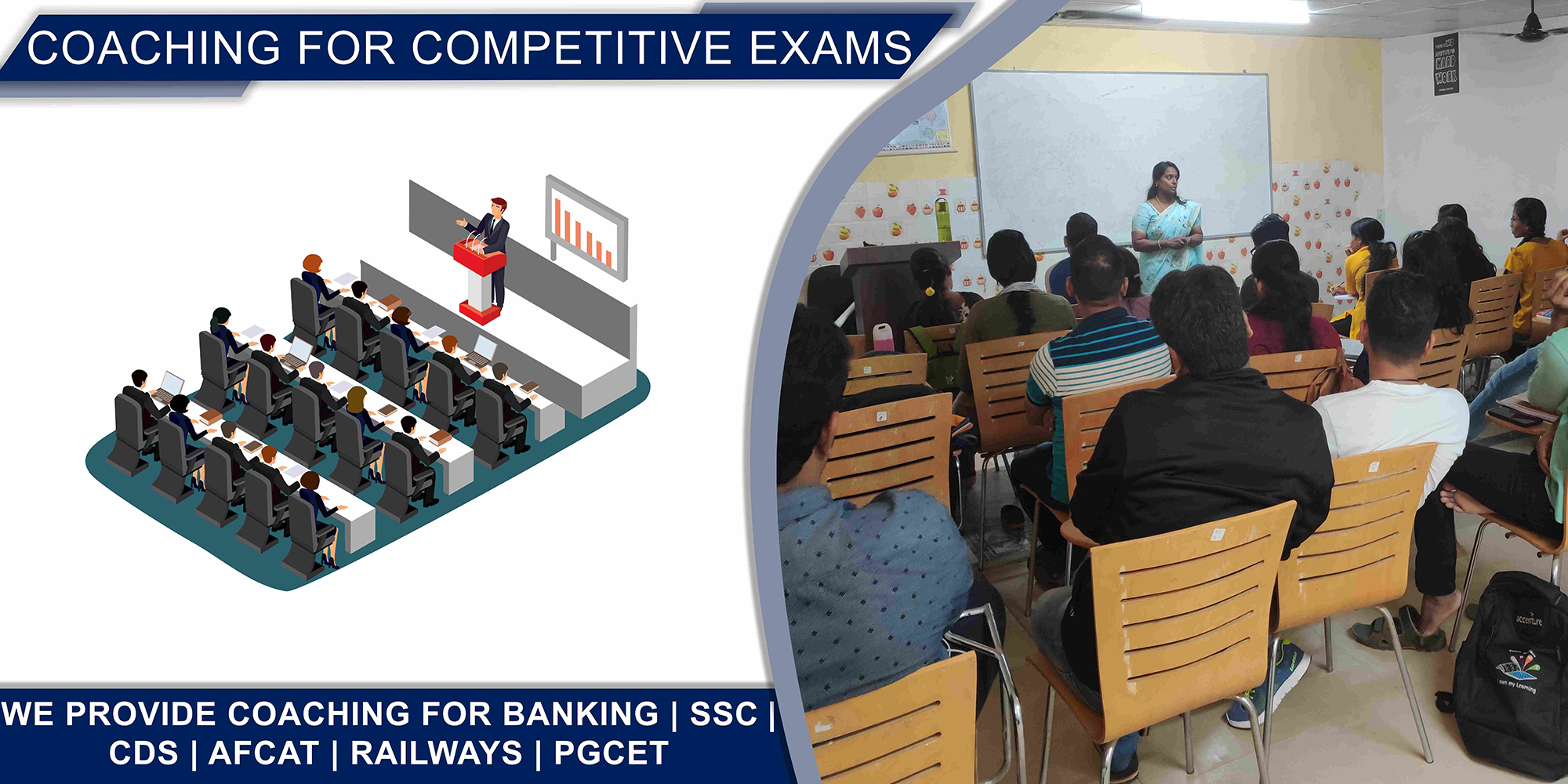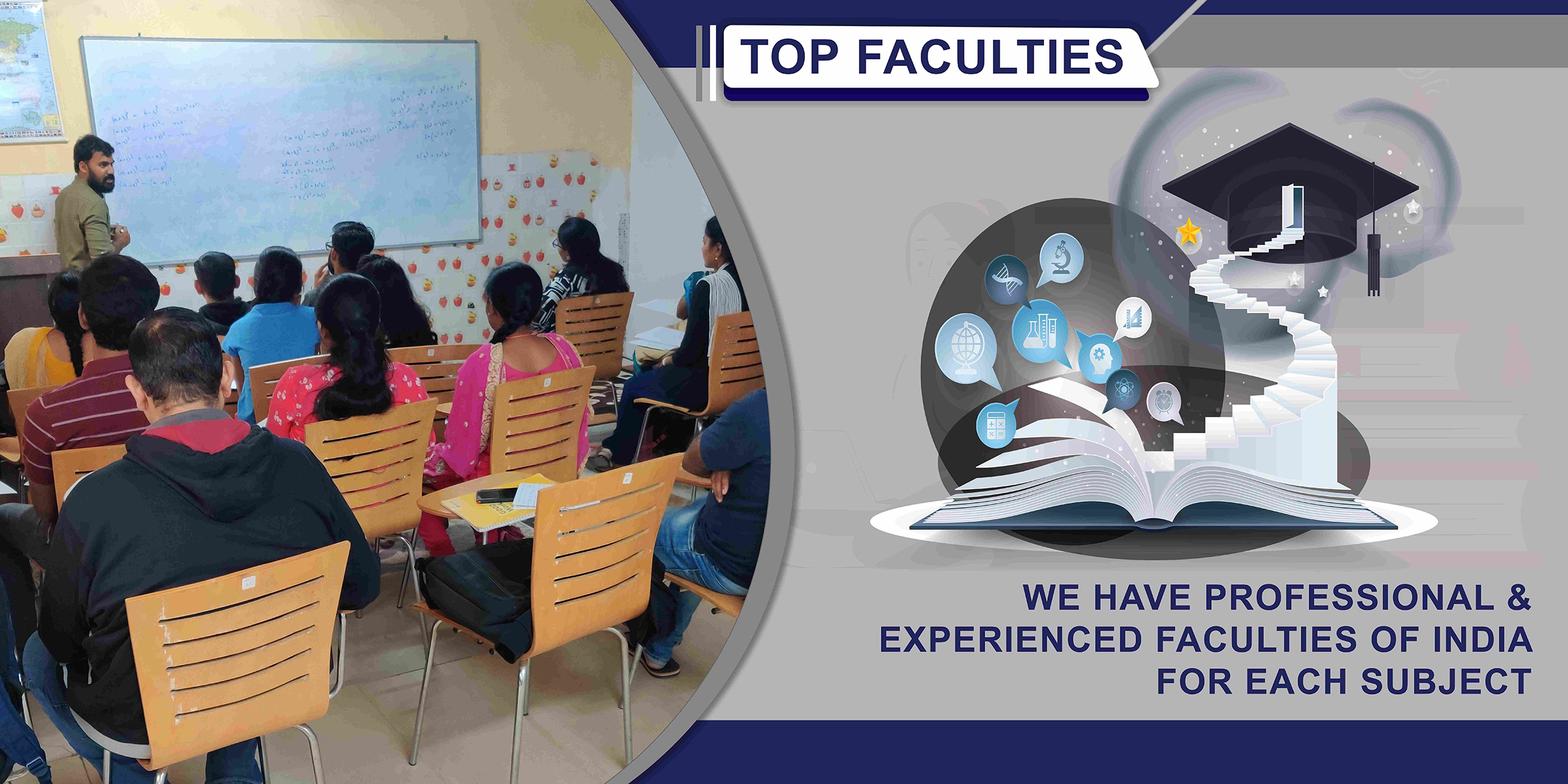Warren Hastings (1772-85)
- Governor of Bengal in 1772 for two years.
- After enactment of Regulating Act 1773, he became the first Governor-General of Bengal in 1774.
- End of Dual system of administration set up by Clive.
- Appointment of collectors to manage revenue affairs.
- Transfer of the treasury from Murshidabad to Calcutta.
- The districts of Allahabad and Kora sold to the Nawab of Awadh.
- Regulating Act of 1773.
- The Supreme Court was set up at Calcutta in 1774.
- The Rohilla war between the Rohillas and the Nawab of Awadh (1774)
- The trial and execution of Nand Kumar (1775)
- The first Anglo-Maratha war, 1776-82
- Treaty of Salbai in 1782.
- The second Anglo-Mysore war, 1780-84.
- Pitt’s India Act of 1784.
- Foundation of Asiatic Society of Bengal by William Jones in 1784.
- Hastings was impeached in England, under the charge of taking bribes but later he was acquitted.
Lord Cornwallis (1786-93)
- Established lower grade courts and appellate courts.
- The Third Anglo-Mysore war, 1790-92.
- To suppress bribery, he increased the salaries of the employees of the company and police officers.
- Introduction of the permament settlement in Bengal and Bihar.
- Introduction of the Cornwallis Code on the basis of distribution of powers in 1793.
- Introduction of civil service in India.
- Corwnwallis is called the father of Civil Services in India.
Sir John Shore (1793-98)
- Famous for his policy of non-intervention.
Lord Wellesley (1798-1805)
- Introduction of Subsidiary Alliance system in 1798, to bring Indian states under the control of British political power.
- The fourth Anglo-Mysore war (1799).
- Treaty of Bassein between Baji Rao II and the English (1802).
- The second Anglo-Maratha war (1803-1805).
- The first subsidiary treaty was signed with the Nizam of Hyderabad in 1798.
- Hyderabad (1798), Tanjore (1799), Awadh (1801), Peshwa (1802), Bhonsle (1803), Sindhia (1804), Indore (1817), Jaipur and Jodhpur (1818) were brought under the rule of British.
- Formation of Madras presidency in 1801.
Sir George Barlow (1805-07)
- Mutiny at Vellore in 1806.
- Treaty of Amritsar with Ranjit Singh (1809).
Lord Hastings (1813-23)
- Ended the policy of non-intervention.
- Military operation against the Pindaris (1817-18).
- Abolition of Peshwaship and annexation of all his territories in 1818.
- Treaty of Sugauli (1818) between the Gurkhas and the English.
- Creation of Bombay presidency in 1818.
- By 1818, all the Indian territories, except the Punjab and Sindh, had been brought under British control.
- Gurkha war (The Anglo-Nepal war, 1814-16).
- Abolished the censorship of press.
- Ryotwari system in Madras established by the governor Thomas Munro.
- Ryotwari and Mahalwari systems introduced in Bombay by Governor Elphinstone.
- In the north-western provinces the Mahalwari system was introduced.
Lord William Bentinck (1825-35)
- Governor-General of Bengal from 1825 to 1833.
- The Charter Act of 1833 passed.
- After enactment of the Charter Act of 1833, he became
the first Governor-General of India. - Known as liberal Governor-General.
- Passed various social reform Bills.
- Abolition of Sati in 1829.
- Suppression of infanticide and child sacrifices.
- Suppression of Thuggee, 1829-1835.
- English was accepted as the official language of India after recommendations of Macaulay.
- First time a law member, Macaulay, was appointed in the executive council.
- Opium trade was regularised, licensed and duty paid.
- Salaries of civil servants were reduced and so were the allowances of military officers.
- In higher courts Persian was replaced by English as the court language.
- Established the Agra province in 1834.
- Annexation of Mysore, Kachhar and Coorg (Southern Malabar).
Sir Charles Metcalfe (1835-1836)
- Called as ‘Liberator of the Indian press’, he removed all the restrictions on the press.
Lord Auckland (1836-42)
- First Afghan War (1838-42)
Lord Ellenborough (1842-44)
- Annexation of Sindh (1843)
Lord Hardinge I (1844-48)
- Suppression of human sacrifices
- First Anglo-Sikh War (1845-1846)
Lord Dalhousie (1848-56)
- Introduced the Doctrine of Lapse for annexing the dependent states whose ruler died without a natural heir to succeed him.
- Some important Indian states — Satara, Uadipur, Jhansi and Nagpur — were annexed by the enforcement of the Doctrine of lapse.
- Charles Wood’s Disptach on Indian education was accepted. It is called the Magna Carta of British education.
- First railway line between Bombay and Thane opened (1853).
- Postal and Telegraph system was established.
- First telegraph line between Calcutta and Agra.
- A new Post Office Act, 1854 was passed and first-time postage stamps were issued.
- Established public works department. The object of this department was the construction and maintenance of canals, roads, bridges etc.
- Second Anglo-Sikh War and annexation of Punjab in 1849
- Abolition of titles and pensions
- Headquarters of the Bengal Artillery were shifted from Calcutta to Meerut.
- Simla became the summer capital of India and permanent headquarters of the Army.
- Competitive exams of Indian Civil Services were started.
- Annexation of Pegu (lower Burma)
- The Santhal insurrection in 1855
- Gorkha regiment formed
- The Charter Act of 1853 passed
Lord Canning (1856-1857)
- Universities of Bombay, Calcutta and Madras were set up in 1857.
- After the Government of India Act, 1858, the Governor General was called Viceroy.
Lord Canning (1857-1862)
- First Viceroy of India
- Transfer of Indian administration to the British crown.
- Sir Edward Drummond took charge in November, 1860 as the first Auditor General of India.
- Indian Council Act of 1861: Through this Act central and provincial legislative council was established.
- Official end of Dalhousie’s Doctrine of Lapse in 1859
- The Indian Penal Code (1858), Code of Criminal Procedure (1859) and High Court Act (1861) introduced.
- Indigo Revolt (1859-60) by the indigo farmers of Bengal
Lord Elgin I (1862-63)
- Suppressed the Wahabi Revolt.
Lord John Lawrence (1864-69)
- Establishment of high courts at Calcutta, Bombay and Madras in 1865
Lord Mayo (1869-72)
- Decentralization of finance
- For the first time in India, a census was held in 1871.
- A council for statistical survey in India was organised.
- He was assassinated by a Pathan in Andaman.
- Establishment of Mayo College at Ajmer
Lord North Brook (1872-76)
- Kuka movement in Punjab in 1872
- Visit of Prince of Wales to India
- Abolition of Income Tax
Lord Lytton (1876-80)
- Parliament passed the Royal Titles Act of 1876 and queen Victoria got the title of Empress of India.
- Vernancular Press Act of 1878 was passed. This act was also called the Gagging Act.
- Lord Lytton held a Durbar at Delhi in 1877, where the queen was declared ‘Kaiser-i-Hind’.
- A famine committee under Sir Richard Strachey was appointed.
- The maximum age limit for candidates of Indian Civil Services (ICS) exams was lowered from 21 years to 19.
Lord Ripon (1880-84)
- He was appointed by the Liberal party under Gladstone.
- The first Factory Act of 1881.
- Repeal of the Vernacular Press Act, 1882.
- The first organised census was held in 1881.
- Appointment of the Hunter Commission on school education in 1882
- The Ilbert Bill was prepared by the law member of the viceroy’s council, Sir CP Ilbert.
- Local self-government acts were passed in various provinces during 1883-85.
- Pandit Madan Mohan Malviya said: “Ripon was the greatest and the most beloved viceroy India has known.”
Lord Dufferin (1884-88)
- Formation of the Indian National Congress on 28 Oct 1885 in Bombay.
Lord Lansdowne (1888-94)
- The Indian Council Act 1892 passed
- The Age of Consent Bill passed
- Organisation of the Mohammedan Anglo-Oriental Defence Association of Upper India (1893)
- Demarcation of the Afghan boundary (Durand line)
- Tilak celebrates the Ganapati festival (1893).
Lord Elgin II (1894-99)
- The convention delimiting the frontier between China and India was ratified.
- Lyall commission appointed after famine
- Assassination of two British officials by the Chapekar brothers in 1897.
Lord Curzon (1899-1905)
- A famine commission was appointed under the presidency of Sir Anthony MacDonnell.
- The Indian coinage and paper currency act of 1899
- He passed the Ancient Monuments Act, 1904 and also founded the Archaeological Department.
- Partition of Bengal on 16th October, 1905 (It was cardinal blunder of Curzon.)
- Shyamji Krishna Verma founded India House in London (1905).
Lord Minto II (1905-10)
- Muslim League was formed in1906 at Dacca.
- Minto-Morley Reforms (Indian Council Act of 1909).
- Execution of Khudiram Bose on 30th April, 1908.
- Tilak sentenced to six years’ transportation on the charge of sedition
- Surat Session and split in the congress (1907).
Lord Hardinge II (1910-16)
- Partition of Bengal was reversed in 1911.
- A grand Durbar was held at Delhi in honour of King George V and Queen Mary.
- It was declared to transport the capital of British India from Calcutta to Delhi in 1911.
- Capital of India shifted from Calcutta to Delhi in 1912.
- Bomb thrown at Lord Hardinge on his state entry into Delhi.
- Ghadar Party formed by Lala Hardayal at San Francisco in 1913 began the Ghadar movement.
- Establishment of Hindu Mahasabha by Madan Mohan Malviya in 1915
Lord Chelmsford (1916-21)
- Formation of two Home Rule Leagues — one by Bal Gangadhar Tilak at Pune and the other by Mrs Annie Besant at Madras.
- Arrival of Gandhi and Champaran Satyagraha in 1916
- Saddler commision of education in 1917
- Kheda Satyagraha and Satyagraha at Ahmedabad in 1918
- The Goverment of India Act of 1919 (Montagu– Chelmsford reforms), which introduced dyarchy in the provinces.
- Under the Montagu–Chelmsford reforms of 1919, the Auditor General became independent of the Government.
- The Jallianwala Bagh Massacre on 13 April, 1919
- Khilafat movement (1919-20)
- Non-cooperation movement (1920-22)
- Rowlatt Act, 1919
- Moplah Rebellion on the Malabar Coast
Lord Reading (1921-26)
- Violent incidents at Chauri Chaura led Gandhiji to call off the Non-Cooperation Movement 1922.
- Kakori robbery in 1925
- CPI founded in 1921
- RSS founded in1925
Lord Irwin (1926-31)
- Appointment of Simon Commission in 1927
- The Simon Commission came to India in 1928
- In 1928, Nehru report recommended principles for the new constitution of India.
- In Lahore session of 1929, Congress adopted the goal of Complete Independence for India.
- Civil disobedience movement started in 1930.
- Gandhiji began Dandi March to manufacture illegal salt (March 12th, 1930).
- Gandhi-Irwin pact of 1931
- Jawaharlal Nehru hoisted the tricolour of Indian Independence on the bank of the river Ravi at Lahore on 1st January, 1930.
- All India Youth Congress, 1928
- Butler Commission in 1927
- First round table conference, 1930
Lord Willingdon (1931-36)
- Second Round Table conference in 1931
- Ramsay MacDonald announced the Communal Award (modified by the Poona Pact) in 1932.
- Third Round Table Conference in 1932
- The Government of India Act, 1935 passed
- Civil Disobedience movement in 1933.
- Foundation of Congress Socialist Party in 1934
- Burma separated from India in 1935
- All India Kisan Sabha, 1936
Lord Linlithgow (1936-43)
- First General Election (1936-37)
- Forward Bloc founded in 1939 by Subhash Chandra Bose
- Deliverance Day by Muslim League (1939)
- August Offer, 1940
- Cripps Mission, 1942
- Quit India Movement, 1942
Lord Wavell (1943-47)
- C. Rajagopalachari’s formula (or CR formula or Rajaji formula), 1944.
- End of the Second World War, 1945
- Cabinet Mission, 1946, and acceptance of its proposals by the Congress
- Direct Action Day by the Muslim League on 16th August, 1946
- British Prime Minister Clement Attlee’s annoucement of 20th February 1947 that power would be transferred to the Indians by June 1948
Lord Mountbatten (1947-48)
- Last British viceroy of India
- First Governor-General of India after Independence
- Announced the June 3, 1947 plan.
- Indian Independence Act of 1947
- Partition of India and Pakistan came into being on 14th August, 1947.
- Appointment of two boundary commissions under Sir Cryil Radcliffe.
C. Rajgopalachari (1948-50)
- The last Governor-General of free India.
- The only Indian Governor-General, he remained in office from 21st June, 1948 to 25th January, 1950.
- He prepared a formula for Congress–League cooperation. Gandhiji supported this formula.





